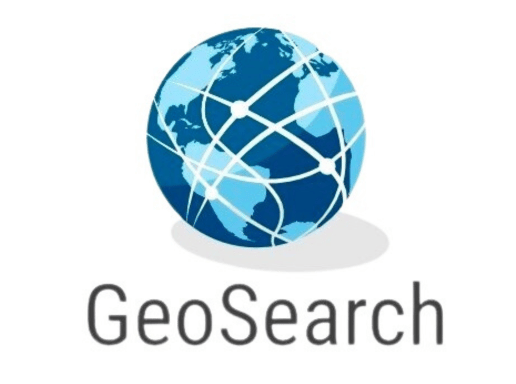Careers by Design: Map out Your Career Path
Self-Assessment
When you’re designing your career, a good place to start is with a self-assessment. You may already have a good idea of what you are interested in. However, taking an interest inventory can help affirm and further clarify the direction you are going. There are many interest inventories available online to help you with this process. Here are a few you should find helpful:
- Career Key
- Career Tests Guide
- Truity
Once you’ve completed your interest inventory, write your autobiography dating back to childhood. Most of us have memories dating back to around age 5. Don’t worry about grammar or spelling, and use a bulleted list if you need to. Focus your autobiography on your events, awards, successes, and the people who have had an impact on your life. You remember them because they were important to you! For many of us, there are also negative events that have a significant impact and may have been life-changing. Feel free to jot those down as well. This autobiography is not intended to be therapy, but to be a way for us to understand the threads of positive things in your life that have led you to where you are now.
After writing your 5-20 page autobiography, send it to Rich@GeoSearch.com for feedback on trends in your life regarding your work life and how you interact with people, places, and things.
The Informational Interview
Taking control of your career means you are going to be dealing with people, and not always through your computer on the internet. Face-to-face communication is the key to building a network of people to discuss your career. So, get away from your computer and meet some people.
Informational interviews are the most important piece of all that you can do to take control of your career and gain clarity on the work environment which is most positive for you. Ask someone for 20 minutes of their time to interview them at their place of employment. If that’s not possible, ask to meet face-to-face at a Starbucks or other convenient place. Meeting in the workplace is ideal to get a sense of the company’s culture, see how people interact with one another, and be able to determine if it is a place that is good for you in the future.
Make sure you prepare for the interview by researching the company. Bring a list of questions to make the best use of your interviewee’s time. Here are some types of questions to ask:
- Ask about the “Industry.” Is it growing? Is it changing? If yes, how? What are the major challenges for your industry?
- Ask about their company or agency. What sets their organization apart from the competition doing the same thing?
- Ask about them. Ask them how they got to this place at this point in their career.
- Ask for referrals of 2-3 people you could ask for a similar interview. Ask permission to use their name as an introduction.
- Remember to listen and keep your questions open-ended. Do not ask for a job or bring a resume as you are there for an informational interview.
Identifying Skills and Transferable Skills
Identifying your skills is a fairly easy task to do. You know what technical and non-technical skills you have. Transferable skills are ones that do not have an industry focus. Your personality and how you interact with data and people can be transferred from one industry to another.
Data skills include synthesizing, coordinating, analyzing, compiling, computing, copying, and comparing.
People skills include mentoring, negotiating, instructing, supervising, diverting, persuading, speaking, signaling, serving, taking instructions, and helping.
Other skills may pertain to setting up projects or equipment, precision working, operating-controlling, driving-operating, manipulating, tending, and handling.
I am a person who …
The next task is to write our responses to these statements:
- I am a person who: “Knows These Particular Things”
- I am a person who: “Has These Favorite Kinds of People”
- I am a person who: “Can Do these Particular Things” (this list can include anything you are good at doing)
- I am a person who: “Has Favorite Working Conditions” (describe in a positive way)
- I am a person who: “Prefers a Certain Level of Responsibility & Salary”
- I am a person who: “Prefers Certain Places to Live”
- I am a person who: “Has a Certain Goal, Purpose or Mission in Life”
“What Color is Your Parachute?” by Richard N. Bolles
“What Color is Your Parachute?” is the career counselors Bible and has been rewritten each year since the 1970s. This is a reference guide for designing your career. Most of us will work for 40 years in our lives. We might as well find work that is meaningful and is exciting, challenging, fun, and enjoyable to wake up to every Monday morning.
